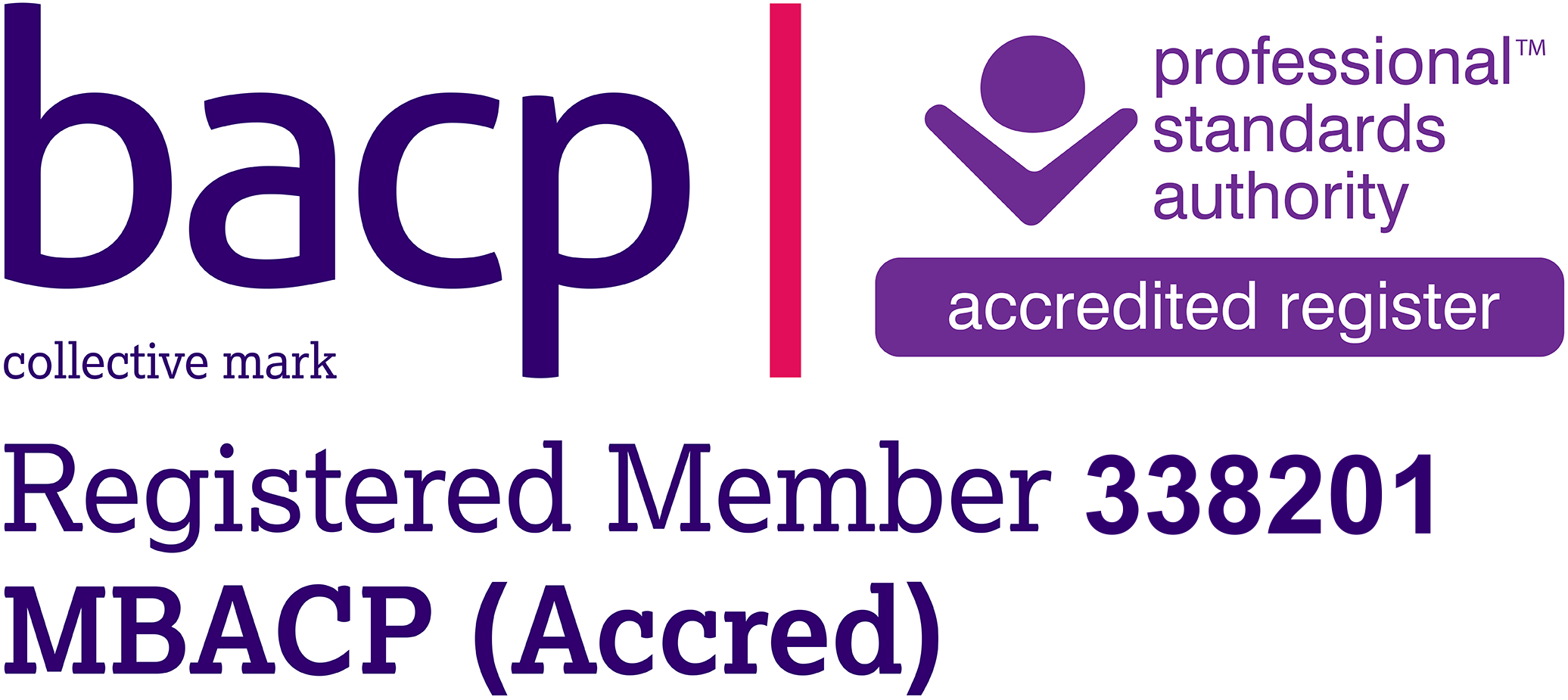Most people who start seeking therapeutic help are unaware of the different modalities that exist and as a result misconceptions can be made. Psychodynamic therapy consists mainly of exploring and understanding your feelings towards yourself and others.
Some people believe that they will be forced to explore their past in detail. This is not the case, the past will only be explored if the client chooses to bring it up. The sessions consist of exploring what ever material the client chooses to bring up.
I understand that many people who seek therapy want help to fix their problems. However in psychodynamic work it is through an understanding and exploration into the clients psyche that will lead the client to be autonomous enough to fix their problems. Psychodynamic therapy can also put you in touch with feelings that you had tried to avoid or push away, this can be an uncomfortable experience but a necessary one.
Therapy is not relaxing or easy nor is it a kin to a spa treatment. It is hard, uncomfortable and painful. But it is the duty of the therapist to make sure that they are providing a safe and secure place and that the therapist is containing and ethical at all times.


